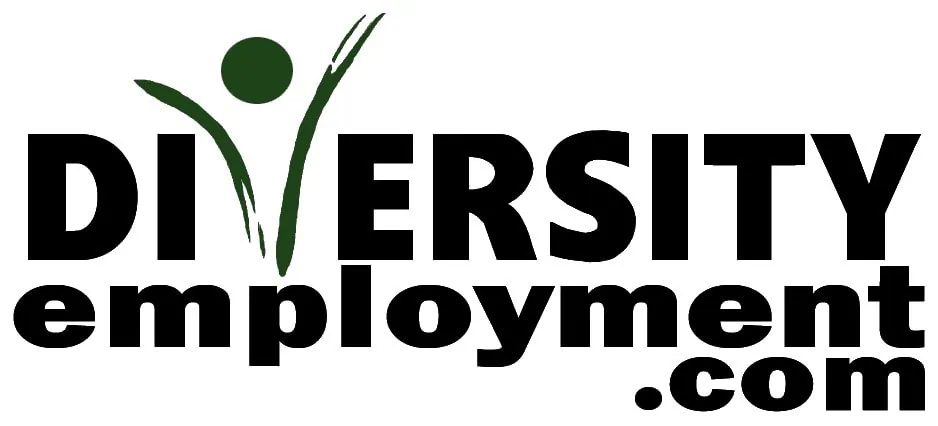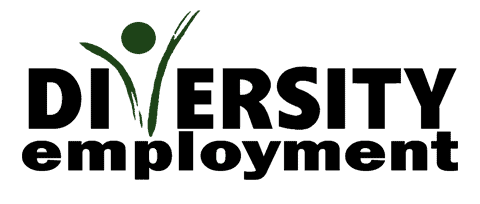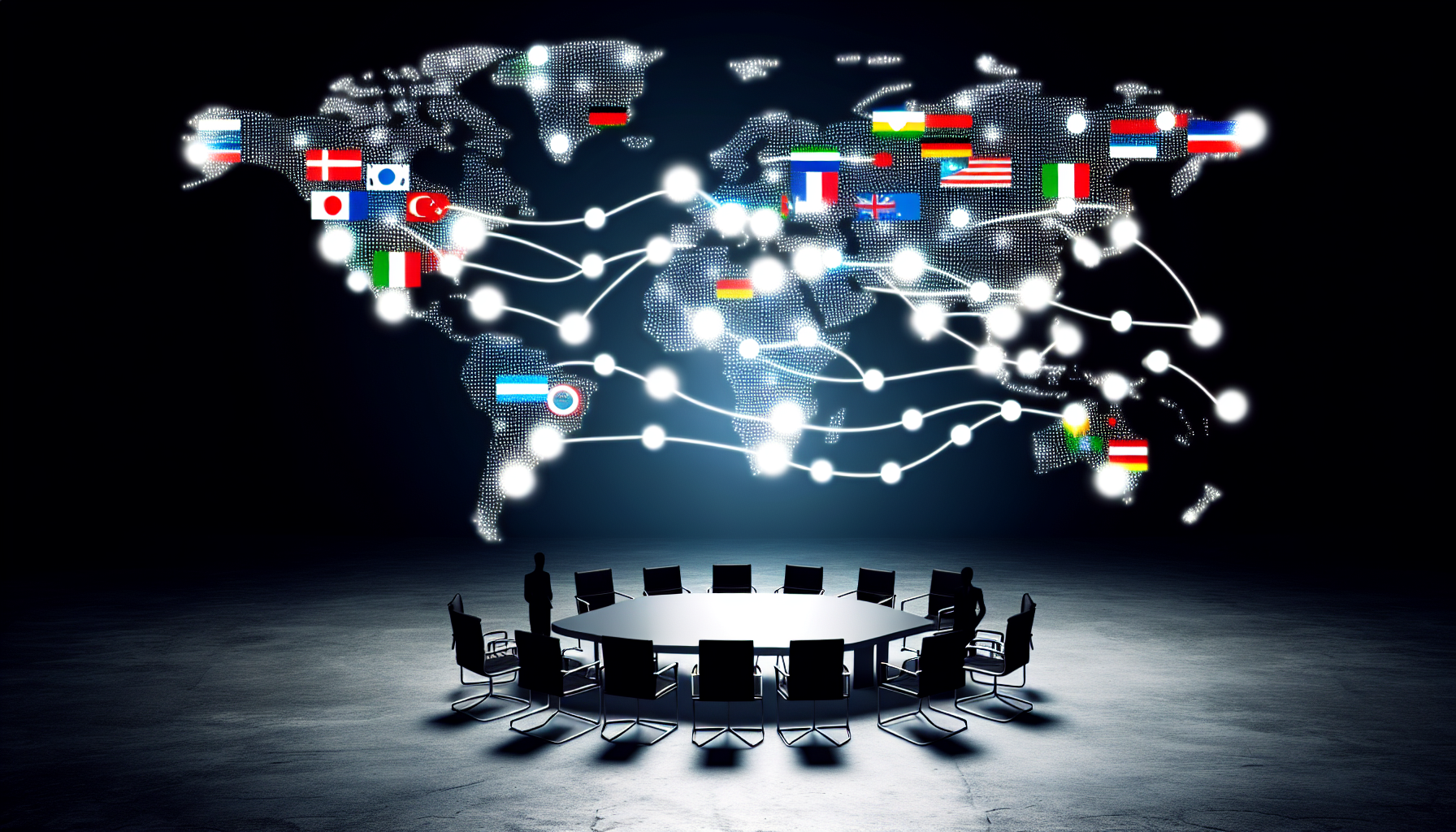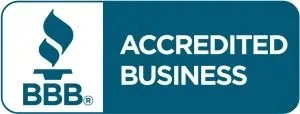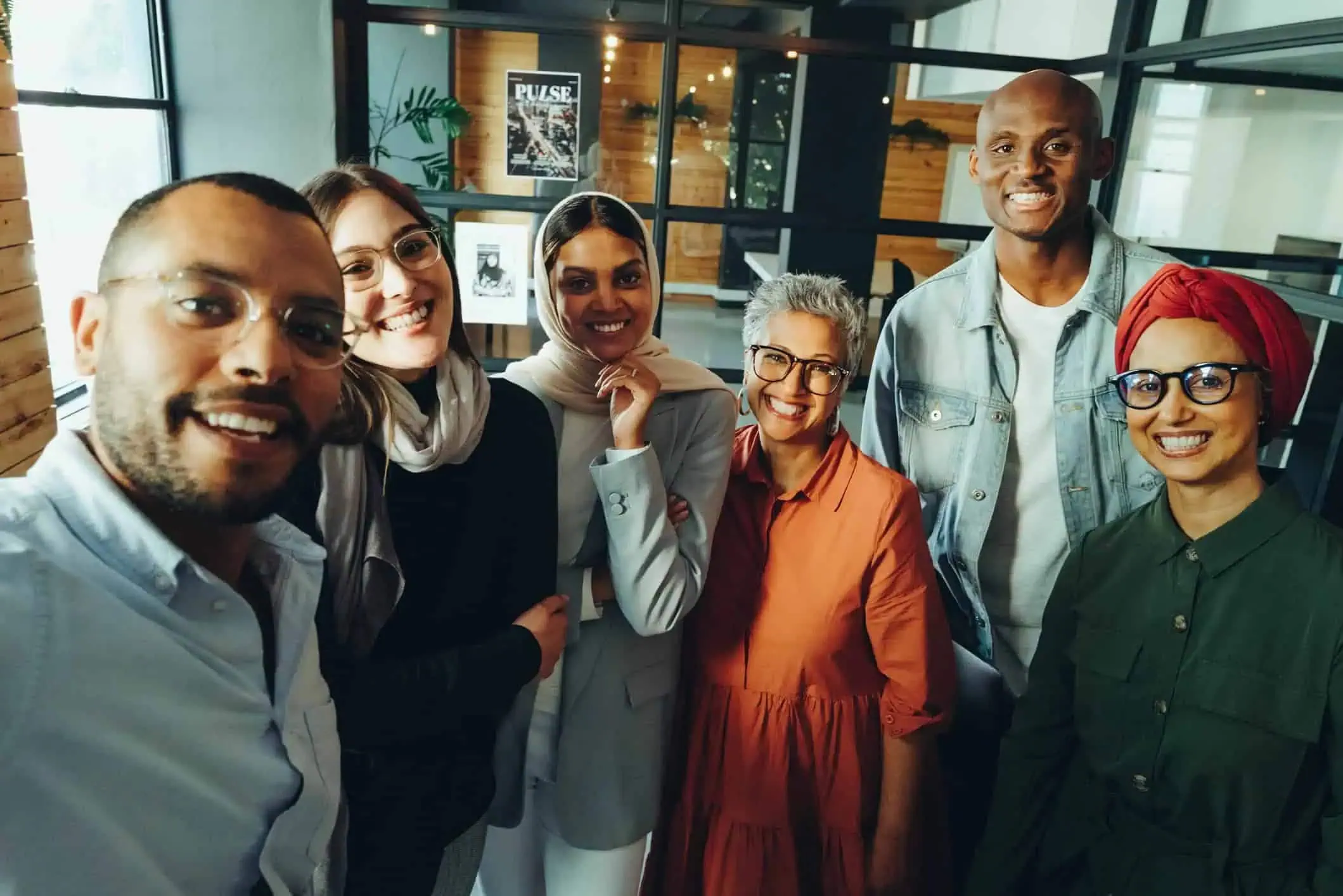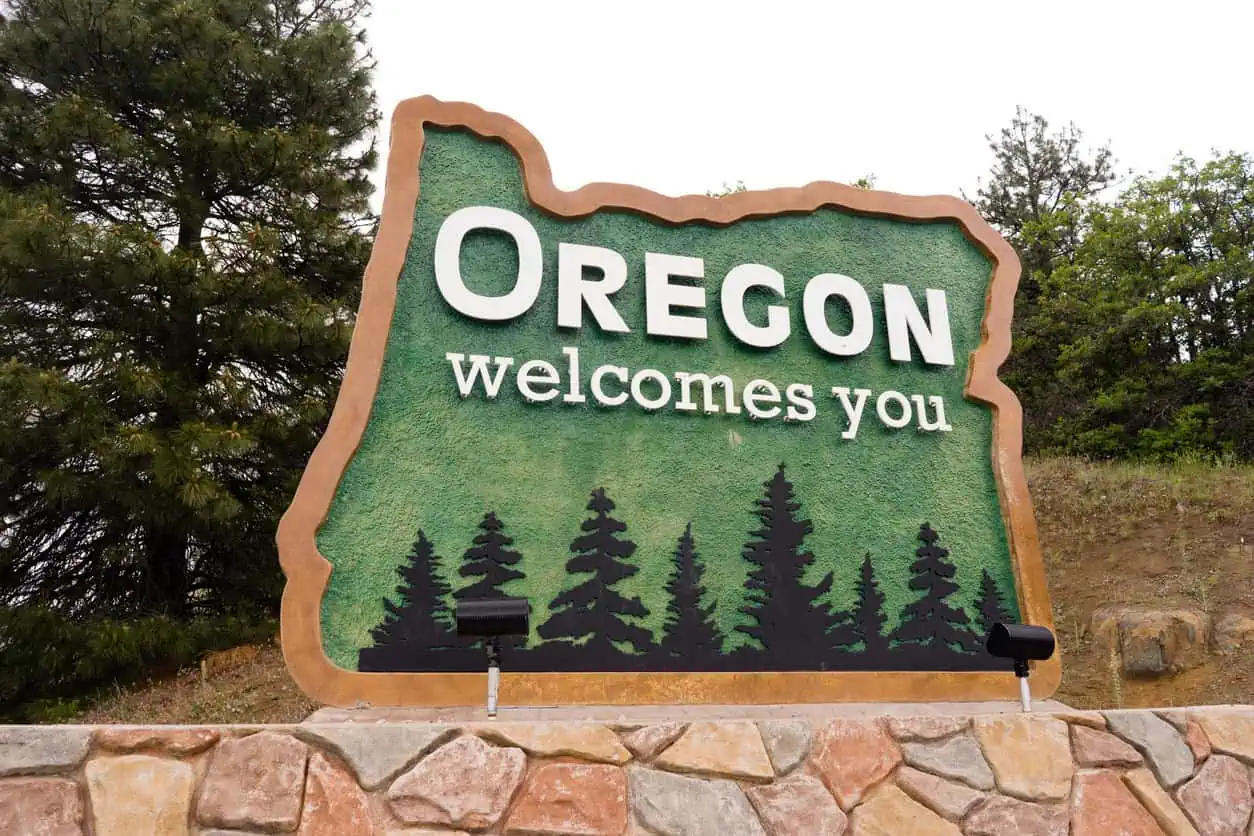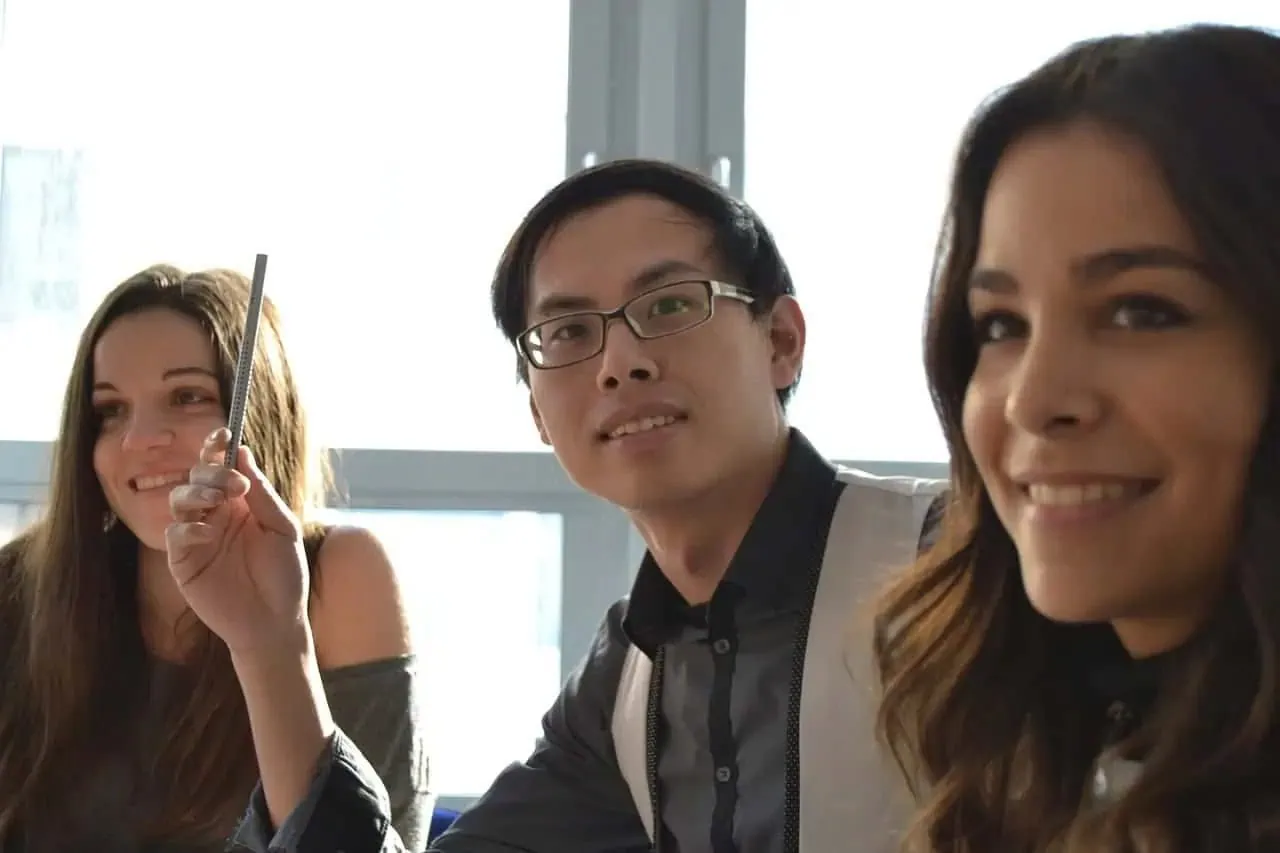
Resume Tips for Highlighting Multicultural Experience
Introduction
Stepping into the job market can be daunting, especially when just beginning. But what if we told you that your unique background could be your biggest asset? Your multicultural experiences are not just personal milestones—they’re the key to standing out in today’s global job market. This guide will share essential resume tips for showcasing your multicultural experience, language skills, international exposure, and global competencies. Designed for entry-level job seekers, this guide aims to help you articulate the value of your diverse experiences in a way that resonates with employers. Whether you’ve studied abroad, worked in diverse teams, or volunteered in different cultural settings, each experience adds a layer to your professional profile. So, let’s dive in and discover how to transform your multicultural experiences into your career’s most vital highlight.
Ready? It’s time to craft a resume that tells your unique story and opens doors to exciting opportunities in today’s diverse workplace.
Why Multicultural Experience Matters
In today’s workforce, diversity is critical. Employers look for it. Teams work better because of it. So, what is your multicultural experience? It’s gold. Showcasing this on your resume can genuinely make a difference. Here’s why:
- It shows you’re adaptable. You can adjust to new environments and challenges.
- You understand multiple perspectives. This is crucial for solving problems and innovating.
- Your cross-cultural communication skills shine. You’re likely to be more effective in diverse teams.
Also, remember that multicultural experiences are not just about the places you’ve been. They’re about the insights you’ve gained and the growth you’ve achieved. Therefore, understanding diverse groups’ challenges can enhance your value as a candidate.
So, let’s dive into how you can put these experiences at the forefront of your resume. By doing so, you’re not just telling potential employers about your skills. You’re showing them you’re prepared for a globalized world. After all, facing and navigating the challenges in diverse environments speaks volumes about your resilience and determination.
Critical Steps for Highlighting Multicultural Experience
Want to make your multicultural background stand out? Follow these simple yet effective steps:
Identify Your Multicultural Experiences
First off, think about what makes your background unique. This could be:
- Living in different countries.
- Working on global teams.
- Volunteering abroad or with diverse communities.
Choose the Right Words
Your word choice matters. Use terms like ‘global mindset,’ ‘linguistic abilities,’ and ‘cross-cultural collaboration’ to catch an employer’s eye.
Place It Strategically
Don’t bury your multicultural experience at the bottom of your resume. Feature it where it’s most visible, like in your summary or skills section. Your multicultural background is not just a series of events. It’s a collection of life-changing experiences. By embracing your diverse background, you’re showcasing an invaluable global perspective in today’s interconnected world. Additionally, the Bureau of Labor Statistics highlights an increasing demand for cultural competence in various industries, emphasizing the importance of your unique experiences.
Next, let’s get into the specifics—starting with language skills, an undeniable asset in the multicultural toolkit.
Spotlight on Language Skills
So, you speak more than one language? That’s a big plus and can open many more doors than being monolingual. Let’s make sure it shines on your resume.
Where to List Them
Here are some tips:
- Have a ‘Languages’ section. Put it near the top if you can.
- Add languages to your ‘Skills’ summary, too.
How to Describe Them
Be honest and transparent about your proficiency level. Use terms like:
- Native
- Fluent
- Professional working proficiency
- Intermediate
- Beginner
Also, point out if you’ve used your language skills at work. This could be in negotiations, customer service, or teamwork. Many employers need multilingual staff. According to ACTFL, language skills are in high demand across sectors. Such abilities enhance communication and broaden a company’s reach. So, highlighting your language skills can set you apart, even if you’re still learning.
Next, discuss how to feature your international experience on your resume. This, too, can make a significant impact.
Showcasing International Experience
Do you have experience working across borders? Great! Let’s make sure it stands out in your resume.
How to Highlight It
Follow these steps:
- Include an ‘International Experience’ section—list countries where you’ve worked or studied.
- Describe the roles and projects. Mention how they improved your global competencies.
Connect It to the Job
Try linking your international experience to the job you’re applying for. For instance, if the job needs someone good at adapting, point out how moving to a new country taught you that.
This experience shows your ability to fit into diverse teams and your knack for handling challenges. And, if you’ve led or participated in global projects, make sure to highlight your strategy-planning skills. In doing so, you’re demonstrating a degree of understanding and adaptability that’s hard to match. For more on the benefits of showcasing international experiences, the NAFSA: Association of International Educators emphasizes how such experiences enrich personal and professional growth, making a compelling case for why these experiences matter in the professional realm.
Next, we’ll dive deeper into global competencies skills—another game-changer for your resume.
Building Your Global Competencies
Global competencies and soft skills matter. They show you can fit in and thrive in any setting. Here’s how to feature them on your resume.
What to Include
Highlight soft skills like:
- Adaptability
- Cultural sensitivity
- Global thinking
Mention Specific Examples
Did you solve a problem by understanding a cultural nuance? Say so. These examples prove your skills are not just words. Showcasing global competencies skills suggests you’re ready for the modern workplace. It’s all about teamwork and innovation, after all. For more insight, the OECD’s work on global competency outlines how these skills are vital for cooperation and solving complex issues.
So, use these resume tips wisely. They could be the difference between getting noticed or not. And remember, highlighting multicultural experience is about more than just listing countries you’ve visited. It’s about showing how those experiences have shaped your skills and viewpoints.
Next, let’s look at tailoring your resume for specific roles. This focus can genuinely make your application stand out.
Customizing Resume Tips for the Job
Every job is different. So, your resume should be, too. Tailoring it can catch an employer’s eye. Here’s how:
Match the Job Description
Look at the job ad. Use similar industry words in your resume. Employers notice this kind of attention to detail. This shows you’re a good fit right away.
Highlight Relevant Experiences
Pick out your most relevant multicultural experiences for the job. This could be leadership in diverse teams or managing international projects. Focus on the skills the employer wants. If they need someone excellent at cross-cultural communication, highlight your language skills and global teamwork.
Showing your adaptability and how quickly you learn can set you apart. In a world that’s constantly changing, these traits are gold. So, make sure they shine through in your application.
Leveraging Platforms
Finding the right job is crucial. Diversity-focused job sites can help. They connect you with employers who value your multicultural background.
Why Use These Platforms?
- They highlight diversity. This means your multicultural experiences are valued more.
- You can find roles requiring unique skills, like language proficiency or cross-cultural experience.
How to Use Them Effectively
- Complete your profile. Describe your multicultural experiences in detail.
- Network. Join groups or discussions related to diversity in your field.
Platforms focused on diversity are great resources. They provide a space for you to showcase your unique experiences and competencies. Plus, they give you access to jobs with employers looking to build diverse teams. Use these newfound resume tips to make your application stand out. Then, let diversity-focused platforms do the rest. They can be the bridge to your next great opportunity.
Next, we’ll look into the importance of continuous learning. It’s another aspect that can boost your resume even further.
Continuous Learning
Never stop learning. It’s a solid way to keep your resume fresh and appealing. Here’s why and how:
Why Keep Learning?
- It shows you’re constantly growing. Employers love that.
- New skills keep you competitive, especially in today’s fast-paced world.
How to Highlight It
- List recent courses or certifications. Especially those related to multicultural understanding or global business.
- Include any ongoing training. It shows you’re committed to your development.
For example, platforms like Coursera offer courses by university professors on various subjects, including cultural competency and global business strategies. Adding these to your resume can significantly bolster your appeal to potential employers. Using these specific resume tips is not just about showcasing what you’ve already done. It’s about demonstrating your willingness to keep learning and growing. This can make you stand out in a pool of candidates as a valuable asset.
Before we wrap up, let’s briefly explore some commonly asked questions.
FAQs
How detailed should my multicultural experiences be on my resume?
Be concise but clear. Highlight essential experiences that show your skills and growth. For example, mention a project where you overcame a cultural barrier.
Can I include personal travels as international experience?
Yes, if these travels enhanced your cultural sensitivity or language skills. Briefly outline how these experiences contributed to your personal and professional development.
Should I list all the languages I know?
List languages where you have at least conversational proficiency. Mention how you’ve used these languages in professional settings, if possible.
How can I show continuous learning on my resume?
Include a section for professional development. List relevant courses, workshops, or certifications related to global competencies and diversity.
Is it okay to use diverse employment platforms for job searches?
These platforms can connect you with employers who value diversity and have roles that match your unique skills and experiences.
Conclusion
Your multicultural experiences are a powerful tool on your resume. You can highlight these experiences with the right approach to show employers your unique strengths. From language skills to global competencies, each aspect of your multicultural background can set you apart in the job market. It’s not just about listing experiences. It’s about demonstrating how these experiences have shaped you into an adaptable, culturally sensitive professional. Use the resume tips mentioned here to showcase your multicultural background effectively.
And finally, don’t forget to explore platforms like ours. We are designed to connect diverse job seekers with employers who value diversity. So, take action now. Join Diversity Employment, upload your resume, and leverage your multicultural background to find your next great job opportunity!
